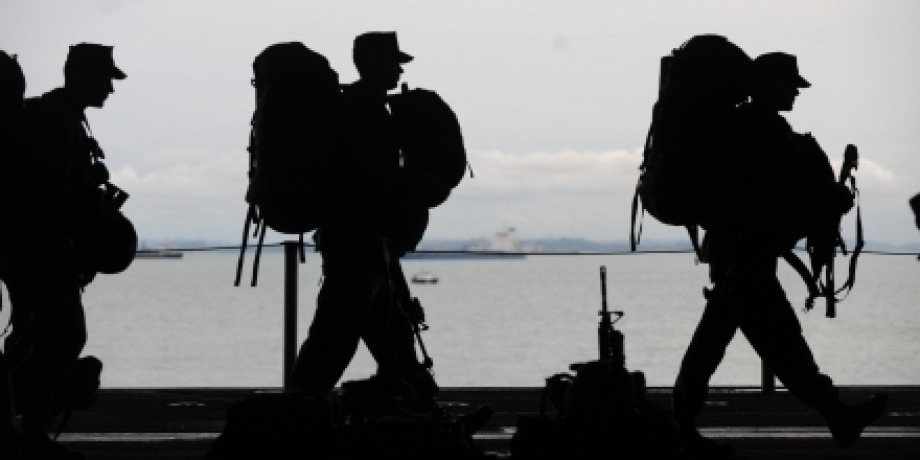Race and Gender in Western Militaries in the War on Terror

Mia Martin Hobbs, Deakin University
This project explores the experiences of women and minorities who served in the US, UK, and Australian militaries and deployed to war theatres after 9/11. The so-called War on Terror saw the most diverse soldier-force ever deployed by Western militaries, with military diversity touted as a strategic strength in peacebuilding and counterinsurgency operations. Yet this soldier-force waged a deeply racialised and gendered war that fostered local resentments, and women and minorities within the US, UK, and Australian militaries faced epidemics of racism and sexual violence within their own institutions.
This transnational oral history project seeks to understand women and minority veterans’ experiences as victims and perpetrators of gendered and racialised violence, how they view racial and sexual violence as tools of social and military control, and how they understand their role in increasingly diverse militaries and broader societies. Building on work by feminists in security studies, this project focusses on the experiences of individuals in war and conflict to understand the origins and nature of ‘wicked problems’, in this case, the ways that Western warfighting undermines peacebuilding efforts and serves to prolong the War on Terror. Listening to soldiers who have experienced, witnessed, and waged racialised and gendered violence will offer new ways of thinking about the anti-terror project.
Dr Mia Martin Hobbs is a research fellow at Deakin University. She is a 2019 recipiant of the Freilich Project ECR Small Grant.










